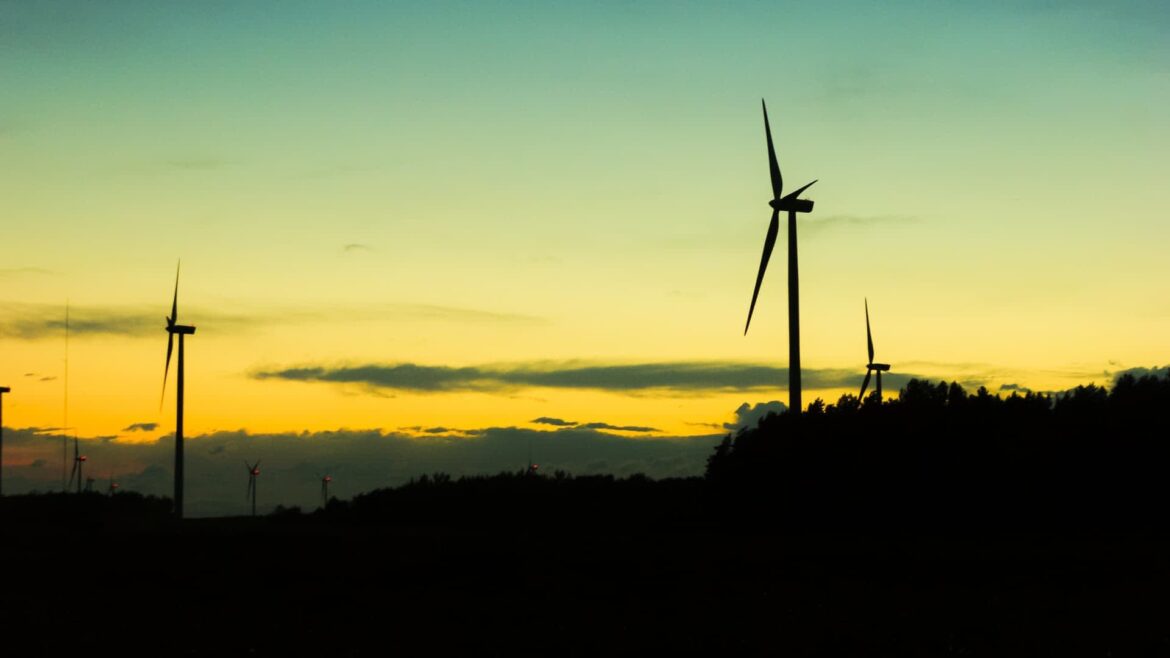Summary
The European Union’s Green Deal aims to make the bloc carbon neutral by 2050 through various policies targeting sectors like food, industry, energy, and transport, but recent political shifts have led to a backslide in the implementation of environmental initiatives, including the withdrawal of the Green Claims Directive proposal. Despite challenges like economic uncertainty and geopolitical issues, the younger generation in Europe remains concerned about climate change, highlighting the importance of addressing environmental issues in policy-making decisions to avoid disillusionment.
The European Union has been a long-time advocate of environmental protection, launching its first environmental action program in 1973.
In 2020, the E.U. adopted the European Green Deal, a comprehensive set of rules aiming to make the bloc carbon neutral by 2050 and ensure a sustainable future for all Europeans.
More than 150 policies have been introduced so far under the Green Deal in sectors such as food, industry, energy and transport. The policies are designed to mitigate environmental impact and reduce pollution in these economic sectors.
See Also:Brussels Considers Changing Stance on Glyphosate and Cancer
However, after the June 2024 elections, when Europe’s green political parties lost ground to right-wing conservative parties in the European Parliament, there has been a notable backslide in the application of the bloc’s green agenda.
The shift in the bloc’s priorities became more evident after backing down on the Green Claims Directive, a relatively minor rule targeting corporate greenwashing—a practice through which companies falsely present themselves as more sustainable than they are.
While negotiations on the directive between the parliament and the Council of the European Union had started in January, the European Commission suddenly announced last month it would withdraw its proposal to implement the directive.
The commission’s announcement came two days after the European People’s Party (EPP), a conservative center-right party and the largest group in the parliament, sent a letter to the E.U.’s law-initiating body requesting the directive proposal be revoked.
“The commission obviously wanted to fulfil the wishes of the right, and this is what is so scandalous,” said Tiemo Wölken, a member of the parliament’s center-left Socialists and Democrats party. “The EPP is again working with the far right to get rid of Green Deal files, but is pretending they are still in the middle and working with pro-European democratic forces.”
The European Commission, the Council of the European Union and the European Parliament are the three central decision-making bodies in the E.U. Among them, only the commission can initiate new legislation, while the council and the parliament either adopt or reject it.
In another case, the European Parliament asked the Commission to revise its system for categorizing countries worldwide according to the risk of deforestation and allow for “regional differentiation.”
Currently, the “high-risk” list of countries includes North Korea, Russia, Belarus and Myanmar. Other countries that experience high rates of deforestation, such as Brazil and Indonesia, have been labeled “standard risk” by the commission.
Starting next December, companies looking to import goods to the E.U. from countries in the high-risk deforestation category are expected to undergo stricter controls regarding environmental damage and human rights violations.
The facts suggest that the E.U.’s Green Deal, which was introduced in 2020 during Ursula von der Leyen’s first term as the European Commission boss, is being chipped away in her second term.
“The fact that the Green Deal became the poster child of the first von der Leyen Commission was received with surprise by civil society, industry and lobbies,” said Marco Contiero, Greenpeace’s director for the EU’s agricultural policy. “In a very similar manner, so has her decision to change her approach radically.”
Other diverse affairs, such as the ongoing Russo-Ukrainian war and the farmers’ protests that shook the bloc in 2024, have also led Brussels to prioritize the security and viability of households and industry sectors at the expense of environmental action.
However, the most significant cause of shifting away from large-scale green projects is the amount of spending associated with such policies: decarbonizing industries, transitioning to renewable energy, and adopting strict environmental regulations require massive investments that are difficult to implement in times of economic and geopolitical uncertainty.
“The Green Deal often overlooked challenges like high energy costs or lengthy and complex permitting procedures,” said Markus Breyer, the director general of the industry association BusinessEurope.
Nonetheless, a survey conducted in February among Europeans aged 16 to 30 years found that climate change is their second most pressing concern, after the high cost of living.
“Young people today are worried about rising prices, climate change, security and their chances of finding a good job,” said Roberta Metsola, president of the European Parliament, after the survey results were released.
“These are concerns that we must address in every decision we take and every law that we pass,” she added. “Otherwise, we risk losing a generation to disillusionment.”

